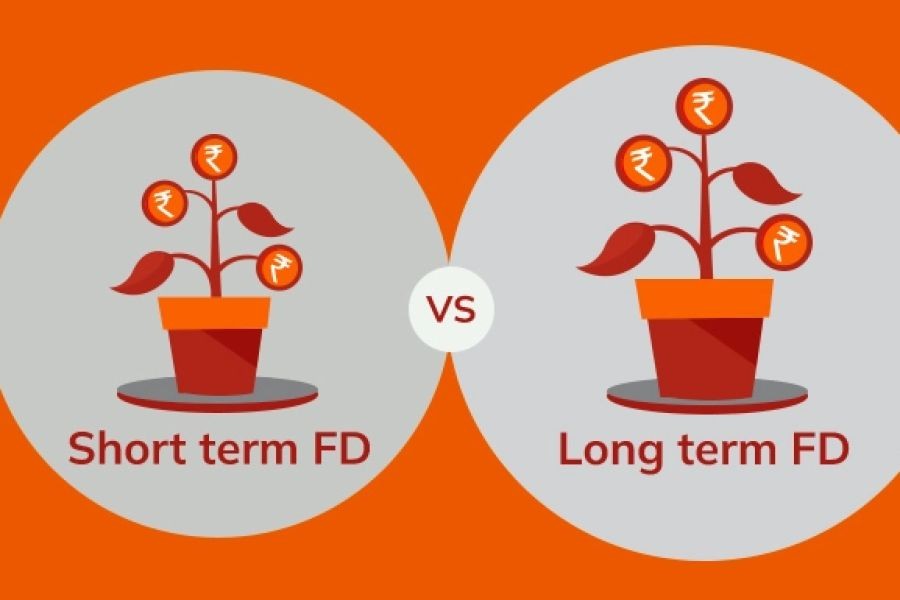Introduction
Imagine waking up one day to find New Zealand as a global tech hub, bustling with innovations and leading in digital transformation. While this might sound ambitious, it's not entirely out of reach. Our nation's trade agreements are pivotal in shaping New Zealand's economic landscape, including the tech industry. But are these agreements genuinely benefiting us, or are they more of a double-edged sword?
Trade agreements are more than just bureaucratic paperwork; they are strategic tools that can either boost or hinder a country's economic growth. With New Zealand's unique geographical position and economic structure, understanding the impact of these agreements is crucial. According to Stats NZ, trade agreements have facilitated a 15% increase in tech exports in recent years. However, this growth is accompanied by challenges that require a nuanced understanding of both local and international dynamics.
Let’s delve into the intricacies of New Zealand’s trade agreements, analyzing their pros and cons, and exploring whether they are indeed a boon or a bane for our economy.
Understanding Trade Agreements: A Double-Edged Sword
Trade agreements are designed to reduce barriers, such as tariffs and import quotas, to encourage international trade. While they offer numerous advantages, they also present challenges that can impact various sectors differently.
Pros of New Zealand's Trade Agreements
- Market Access and Expansion: Trade agreements provide New Zealand with access to larger markets, allowing local businesses to expand their reach beyond domestic borders. This has been particularly beneficial for the tech industry, which thrives on global collaborations.
- Economic Growth: By fostering a competitive environment, trade agreements can stimulate economic growth. The Reserve Bank of NZ reports that these agreements have contributed to a steady GDP growth rate of 3% annually.
- Innovation and Technology Transfer: Exposure to international markets encourages innovation and the transfer of technology, providing New Zealand companies with cutting-edge tools and practices.
Cons of New Zealand's Trade Agreements
- Dependency Risks: Over-reliance on trade agreements can make New Zealand vulnerable to global market fluctuations, which might impact local industries adversely.
- Competition Pressures: Increased competition from foreign companies can threaten local businesses, especially SMEs, which may struggle to compete on price and scale.
- Regulatory Challenges: Aligning with international standards can be resource-intensive and may require significant changes in local regulations.
Case Study: The Impact of CPTPP on New Zealand’s Tech Industry
The Comprehensive and Progressive Agreement for Trans-Pacific Partnership (CPTPP) is one of the most significant trade agreements affecting New Zealand. This agreement has opened new avenues for the tech industry, but not without challenges.
Problem: Prior to the CPTPP, New Zealand's tech exports were limited by tariffs and non-tariff barriers, which hindered international expansion.
Action: The implementation of the CPTPP eliminated many of these barriers, enabling tech companies to access markets like Japan, Canada, and Mexico more freely.
Result: Within the first year of the agreement, New Zealand's tech exports to CPTPP countries increased by 25%, according to a report by MBIE.
Takeaway: While trade agreements like the CPTPP present opportunities for growth, they also demand adaptability from local businesses to thrive in the competitive international market.
Debate: Are Trade Agreements a Boon or Bane?
Trade agreements often spark debate about their true impact. Let's explore the contrasting viewpoints:
Advocate Perspective: Proponents argue that trade agreements are essential for economic growth and innovation. They create jobs, enhance productivity, and increase the standard of living by providing consumers with access to a wider range of products and services.
Critic Perspective: Critics caution against the dependency on trade agreements, which can lead to economic instability. They argue that the pressure to comply with international standards may compromise local values and priorities, particularly in sectors like agriculture and manufacturing.
Middle Ground: A balanced approach is necessary, where trade agreements are leveraged for growth while ensuring that local industries are supported through policies that foster resilience and adaptability.
Myths and Misconceptions: Debunking Common Beliefs
- Myth: Trade agreements only benefit large corporations.
- Reality: While large corporations often gain significant advantages, SMEs can also benefit from reduced barriers and access to new markets, provided they have the resources to adapt.
- Myth: Trade agreements lead to job losses.
- Reality: While certain sectors may experience job displacement, new opportunities often arise in emerging industries, such as tech and services, as a result of trade expansion.
Future Trends: The Next Chapter for New Zealand's Trade Agreements
Looking ahead, New Zealand's trade landscape will continue to evolve. According to a McKinsey report, digital trade is expected to become a key driver of economic growth, with e-commerce and digital services playing a central role. By 2028, 50% of all trade transactions are projected to be digital, highlighting the need for robust cybersecurity measures and digital infrastructure.
Final Takeaways
- Fact: New Zealand's trade agreements have facilitated a 15% increase in tech exports.
- Strategy: Kiwi businesses should focus on innovation and technology transfer to stay competitive.
- Mistake to Avoid: Over-reliance on trade agreements without strengthening local industries can lead to vulnerabilities.
- Pro Tip: Leverage trade agreements to access emerging markets and diversify your business portfolio.
In conclusion, while trade agreements present both opportunities and challenges, they are crucial for New Zealand's economic growth and global standing. As we navigate the complexities of international trade, it's essential to strike a balance between leveraging these agreements for growth and safeguarding our local industries.
What’s your take on New Zealand’s trade agreements? Share your insights below!
People Also Ask
- How do trade agreements impact New Zealand’s tech industry? Trade agreements facilitate market access and innovation, contributing to a 15% increase in tech exports, according to Stats NZ.
- What are common misconceptions about trade agreements? One myth is that they only benefit large corporations. However, SMEs also gain from reduced barriers, as reported by MBIE.
- What future changes could affect New Zealand’s trade landscape? By 2028, digital trade is expected to drive 50% of all transactions, as highlighted in a McKinsey report.
Related Search Queries
- New Zealand trade agreements 2023
- Impact of CPTPP on New Zealand economy
- New Zealand tech industry growth
- Pros and cons of trade agreements
- New Zealand export market trends
- Future of digital trade in New Zealand
- How trade agreements affect SMEs in New Zealand
- Economic impact of trade agreements on New Zealand
- New Zealand trade policy analysis
- Benefits of trade agreements for tech companies






























ValarieBjh
2 months ago